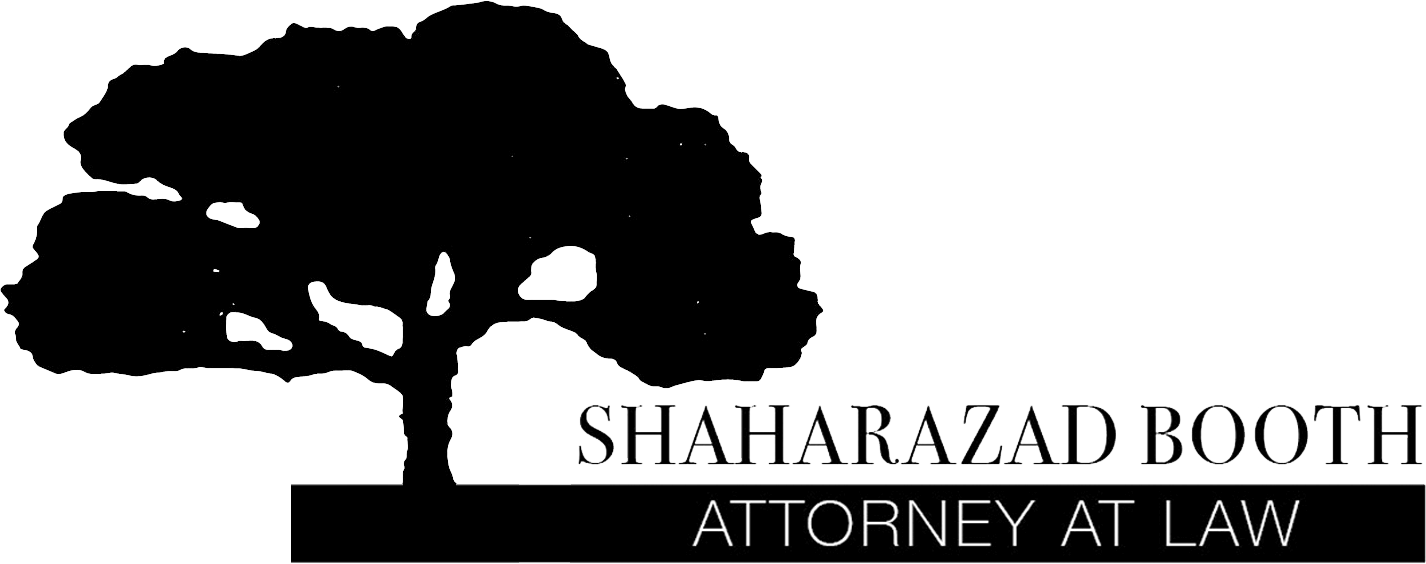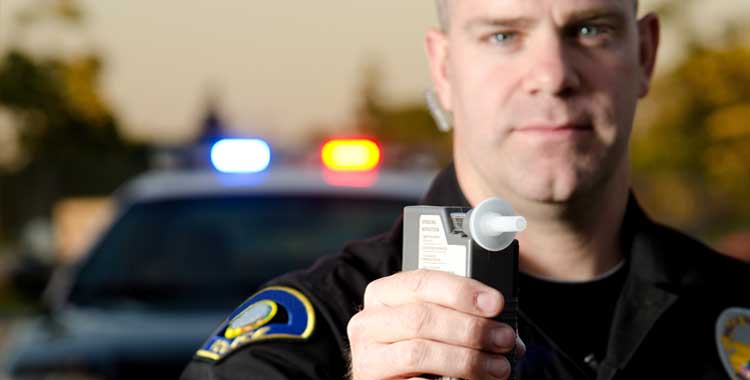What Does an Aggravated DWI Mean in New Mexico?
New Mexico has very strict laws concerning DWI, or driving while impaired by alcohol or drugs. If you are arrested for DWI, your license will be immediately taken away if a breath or blood test shows an alcohol concentration over the legal limit, or if you refuse to take the test outright. This is required by the “Implied Consent Act.” Under the Implied Consent Act, the fact that you are able to operate a motor vehicle in the state means that you have agreed to submit to a chemical test if an officer has reason to believe you are under the influence of alcohol or drugs.
When your license is revoked following arrest for DWI, unless you request a hearing after the revocation and the hearing officer rules in your favor, your license will remain revoked by the Motor Vehicle Division (MVD) for up to one year. This penalty is in addition to any other penalties resulting from conviction for a DWI, which can include large fines, an additional revocation of your license, and even jail time. Even worse, any DWI conviction will stay on your driving record for 55 years.
DWI classifications
New Mexico courts classify DWI offenses and their penalties based on the severity of the alleged behavior or action. As in most states, operating a vehicle with a blood alcohol concentration (BAC) of 0.08 or higher is a drunk driving offense. However, there are other offenses that fall into the category of DWI, and some are more serious than others.
Aggravated DWI is similar to DWI, but it involves actions that are subject to greater punishment. If you have been charged with aggravated DWI, it is because you had a breath or blood alcohol level of 0.16 or above, you were driving under the influence of alcohol or drugs and refused to submit to a chemical test, or you were driving under the influence of alcohol or drugs and caused bodily injury to a person. The conviction for aggravated DWI typically results in increased minimum sentencing, including mandatory jail time for even a first offense.
Felony charges for Aggravated DWI
All DWI offenses, including aggravated DWI, are felonies if you face a fourth or subsequent conviction. Other criminal offenses, such as vehicular homicide, causing great bodily harm by vehicle, and injuring a pregnant woman by vehicle are all felony charges if you were under the influence of alcohol or drugs while driving. Felony charges are very serious and anyone who faces one should immediately consult with an experienced DWI attorney to help mitigate their situation.
Schedule a DWI court hearing
If your license is confiscated upon arrest for DWI because you failed the chemical test or refused to take one, you have 20 days before the revocation becomes effective with the MVD.
If you want to protest the revocation, you have 10 days to request an administrative hearing. This request must be in writing and accompanied by either a $25 hearing fee or a sworn statement of indigency. The court will then schedule a hearing within 90 days of your request to review your DWI charges.
The procedural process of a DWI is fairly straightforward. It can, however, result in increased sentencing if you are not represented by an attorney who is experienced in these types of proceedings. Typically the hearing involves discussing a few different things. Discussion includes whether or not the officer had reasonable grounds to stop you for a DWI, whether or not you refused the breathalyzer test, whether or not you were notified that you may lose your license upon refusal of the breathalyzer, whether or not the chemical test was administered properly, and whether or not you tested above the legal limit.
License revocation periods
If the court finds your guilty of the DWI charges, then the punishment will be issued based on the number of prior DWI convictions and the severity of your offense. Typically your first offense will result in license revocation anywhere from six months to one year or the option for an ignition interlock license for one year. Repeat offenders could lose their license for two years and face 96 hours of jail time.
You can also be required to maintain your interlock device for a period of two years. DWI penalties steepen after your second and third offense to a minimum of two years license revocation. After your fourth DWI, you have the potentiality to lose your license for life and can spend up to 18 months in prison with six months of mandatory jail time.
Contact
Remember, time is not on your side, and you only have twenty days after your arrest to request a DWI hearing, or your license will be automatically suspended. If you have been charged with DWI, then contact Shaharazad McDowell Booth Law today.


 Shaharazad McDowell Booth is a criminal, family, and personal injury law attorney who specializes in DWI cases.
Shaharazad McDowell Booth is a criminal, family, and personal injury law attorney who specializes in DWI cases. 


